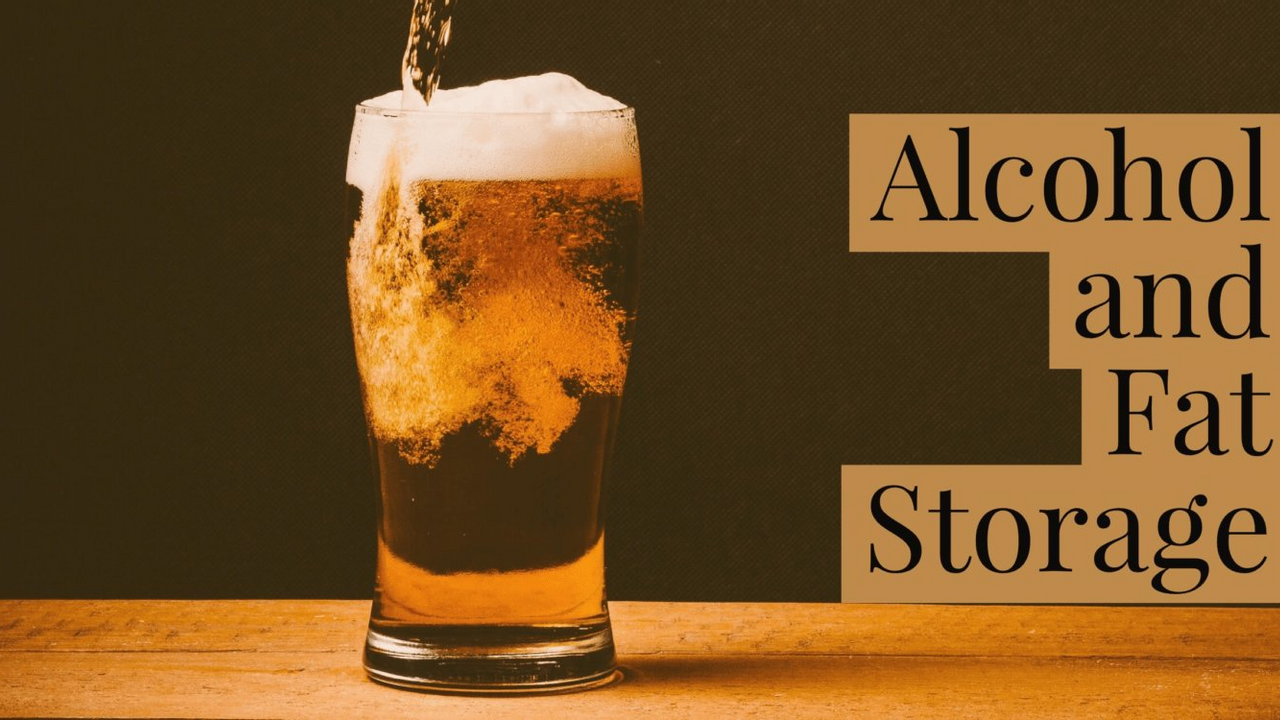
Does Alcohol Increase Body Fat?
By Dan Garner
A lot of Weight loss trainers out there simply ban alcohol in all scenarios for their clients because it's the devil. It's not really this simple, there's plenty of research out there suggesting lowered blood pressure, lowered stress hormones, equal longevity as their non-drinking counter-parts, and antioxidant content in some red wines.
Of course there are negatives, i've discussed this many times in posts, blogs, and podcasts. But when it comes to actual fat storage capacity, there's several examples of weird data, especially when it comes to wine.
First and foremost, alcohol has a calorie intake of 7kcals/g, and has a very under-appreciated Thermic Effect of Feeding (TEF: Calories burned simply through digesting and assimilating the content) of 22.5%.
There's plenty of evidence suggesting protein is the least fattening of all the macros, and alcohol has not earned this title yet either, but i'd like to bring up a few examples of well controlled research that shed light on alcohol (hold your applause please).
- There is plenty of observational data that does not correlate alcohol consumption with weight gain, in fact, many of the "Blue Zones" who are known to have the greatest longevity, habitually consume alcohol on a regular basis.
- Crouse and Grundy (1984) had subjects tightly control their dietary intake for 4-weeks utilizing metabolic ward equipment and they found despite adding 630kcal per day to maintenance levels, 8 of the 12 subjects actually lost weight, while the remaining 4 gained weight.
- Flechtner-Mors (2004) compared 3-months of a diet with 10% calories coming in from either wine or grape juice and found no significant differences in body composition.
- Cordain et al (1997) found no significant differences body weight or body fat despite adding two glasses of red wine to dinner for 6-weeks.
So we have this situation where it's not as cut and dry as most Weight loss trainers make it out to be. Although, it's critical that I point out that alcohol can increase appetite and lead to overeating which could lead to fat gain. I also have to point out that this research is within the light to moderate consumption of wine, not beer or mixes or any other crap.
In the end, the idea points back to the same old misconception that certain foods are the "single problem". People who are chronically overweight are in that position due to chronically eating in a hypercaloric state (calories in being greater than calories out) and/or chronically being lazy. In that, it's easy to blame alcohol but the entire dietary intake and physical energy expenditure must be taken into consideration. It's not one thing, it's everything.
Although I agree that those looking for optimal results and/or extreme results should abstain from alcohol completely during periods of intense programming, removing it entirely from the general population who just wants to be healthy seems unnecessary so long as they keep their intake moderate, they exercise, and they don't overeat on a chronic basis.
For more information on alcohol, feel free to check out my quick audio rip from a podcast I did earlier this year.
Dan Garner is the owner and founder of Team Garner and is the head strength coach and nutrition specialist for hockeytraining.com. Specializing and delivering consistent world class results in physique transformation and athletic performance, Dan has worked with many athletes from the youth leagues right up to the NHL, NFL, MLB and UFC. He is an international lecturer on sports nutrition and has been featured in several major media outlets. In addition to his coaching services, he has created many online products available for purchase and is a bestselling author on Amazon.





